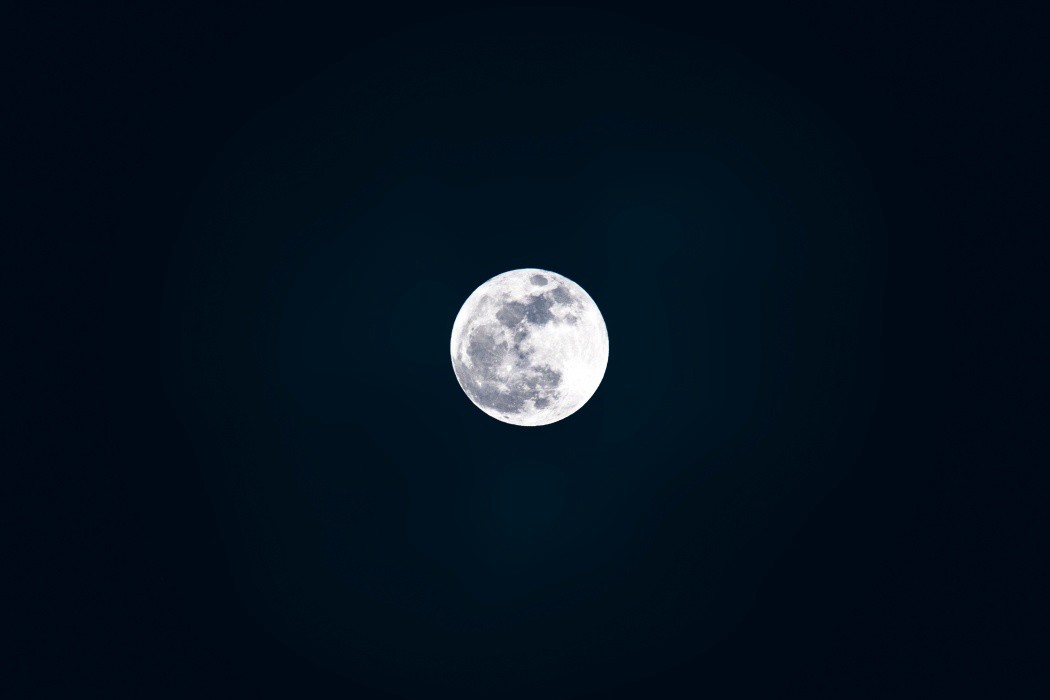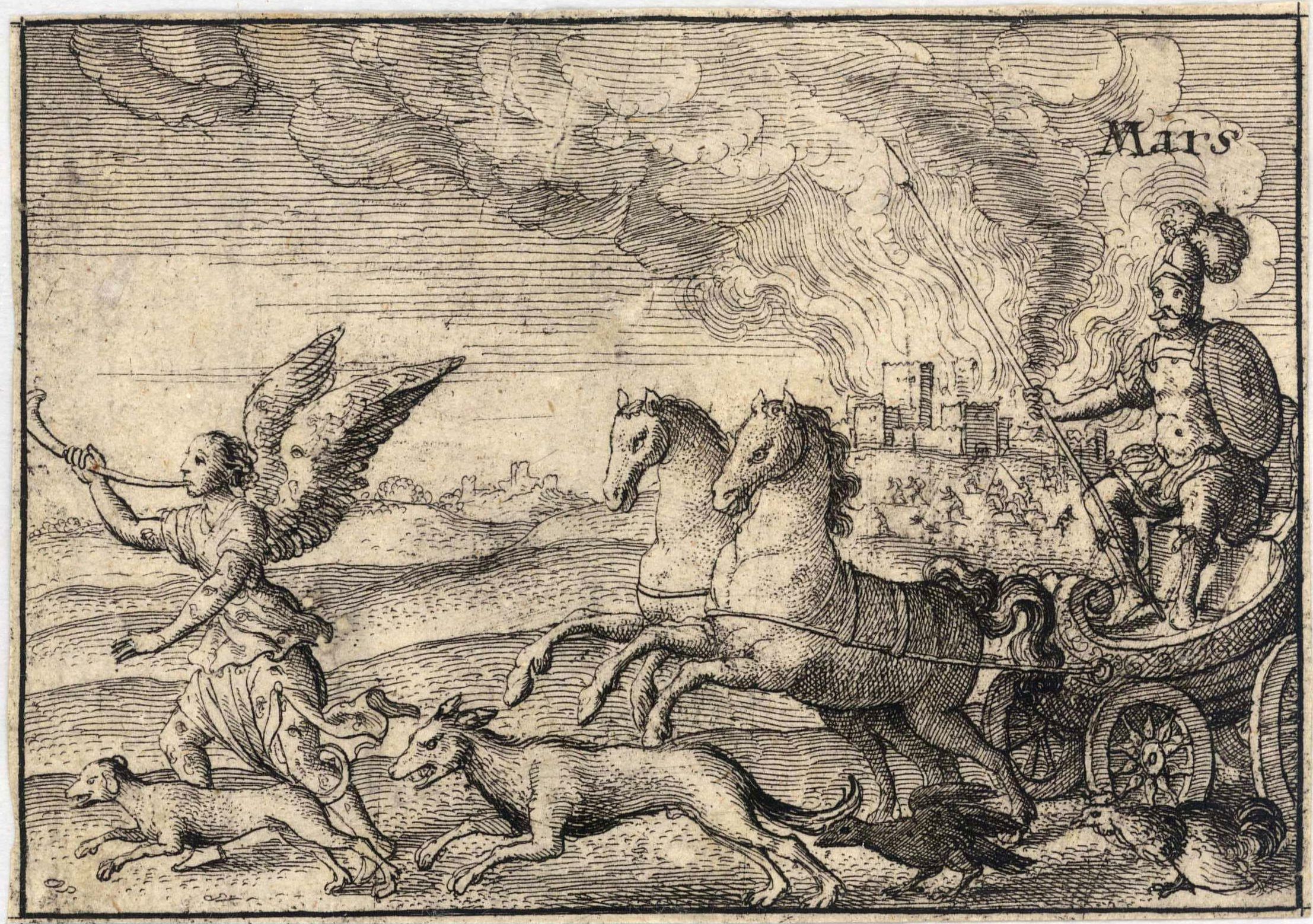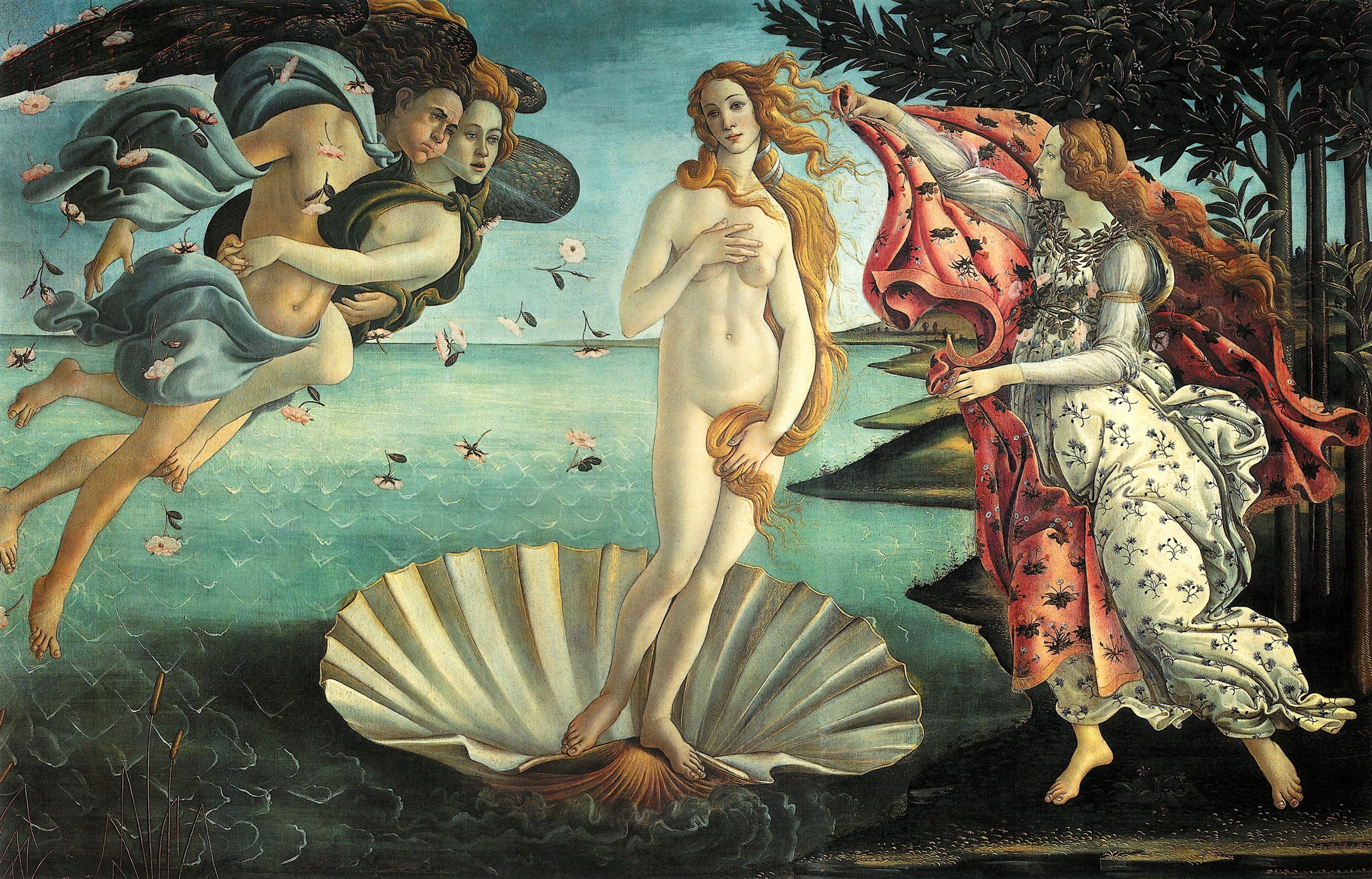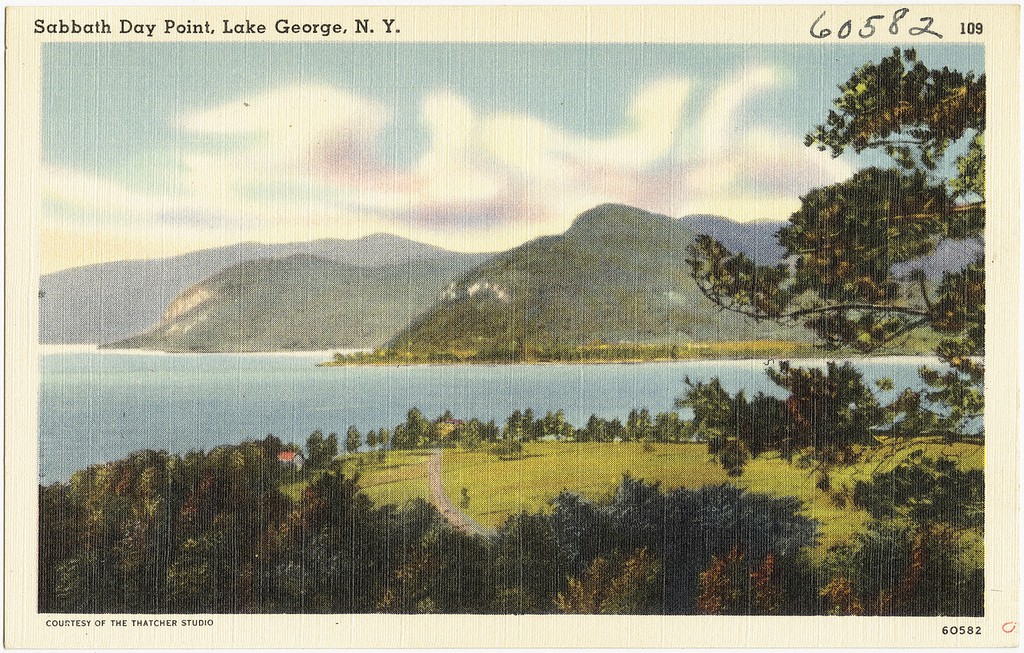Nowadays life puts so much pressure on us that there?s no left time to stop for a minute. From the moment we wake up in the morning our day is already entirely planned: meetings, business lunches, workout sessions, reading, watching Netflix series, plus spending time with family, friends and lovers. On top of that, our tech addiction makes us cloistered in our own bubble for over 4 to 5 hours a day. For God?s sake, let me breathe! And we still need to sleep? Days go by, one week after the other at the speed of light without we noticing them. This ?New Normal? schizophrenic lifestyle prevents the contemporary society from thinking, reflecting and debating life?s simplest, particular observations.
Fortunately, I?ve never lost the burning flame of curiosity that everyone fondly associate to children: the so called ?why???? repetitive questions. All of us used to ask them to our parents right? On that basis, I believe it?s quite mentally healthy to preserve the eagerness to feed our brain by understanding the origin of things that we usually take for granted. And that?s exactly what happened to me this week.
In a modest attempt to minimize the time spent on social media, me myself and I went to the toilet detached from any electronic device. It was more or less the same as an alcoholic guy going to a bar and the only drink he gets is a glass of lemon flavoured water: not sexy at all but certainly the best choice for his health. Since there was no Facebook meme or Instagram landscape pic to thumbs-up, I was forced to settle for the company of my mind. I don?t know what you guys think but sometimes I enjoy forgetting about the world as we see it today based on the following premise: ?I?m a human being living sometime, somewhere, somehow (like Barbara Mandrell?s song).

That?s when these random ?weird? questions decided to show up:
?Why does a week have 7 days? And what is the origin of their names??
- WHY A SEVEN-DAY WEEK?
We assign democracy to the Greeks, bridges and roads to the Romans but the seven-day week had its origin in the Babylonian ancient civilization. The culture of those who lived in Mesopotamia (modern Iraq) was one of the world?s most prominent around 1,000 and 2,000 BC before Greece and Rome dominion. As outstanding astronomers, Babylonians came up with a calendar intended to predict the movement of the moon as well as its transition between each phase: full, waning half, new and waxing half. Whereas Earth and Sun help us identify days and years, the whole moon cycle sheds light on months. That is because it takes approximately 28 days (plus 1 or 2-day arrangement) for the moon to go through the 4 phases. And how long each of them take? Yup: 7 days.
Furthermore, the number 7 had been tied down to a certain mysticism. As you already know, astronomy and astrology were considered enthusiastic fields of study by Babylonians. They then resorted to a sort of horoscope to assign each of the 7 days to the 7 planets visible to the naked eye:
The Sun, Moon, Mars, Mercury, Jupiter, Venus and Saturn.
Likewise Judaism, the Roman Empire adapted Babylonia?s calendar to their worldview by Constantine, the first Catholic Roman Emperor, since the 1st century BC. Most scholars agree upon saying that the seven-day week popularity in modern times is mostly due to Rome and Christianity.
2. WHAT IS THE ORIGIN OF THE SEVEN-DAY NAMES?
Following Ancient Mesopotamia example, both Greeks and Romans named the days of the week according to their gods. The prominence of deep-rooted religious beliefs made these people believe that gods ruled the destiny of us mortals. In this sense, assigning days to their names was envisioned as a noble tribute in the hope of ensuring an immaculate life journey. Those gods corresponded to the classical planets (Mars, Mercury, Jupiter, Venus, and Saturn) detected by night-time sky differences, plus the Moon and the Sun (which were rated pagan gods).
This was the main starting point to the concretization of today?s day names founded on Romance languages derived from Latin such as French, Spanish or Italian. Conversely, the English language has also been influenced by Germanic and Norse footprints in what we nowadays call ?Anglo-Saxon? Old English.
Given this background, let?s go deeper into each specific day of the week from 2 sides: Anglo-Saxon (English) and Romance languages (Spanish + French).
MONDAY

This one is quite straightforward right?
Monday is the moon day and, in English, the word comes from Old English ?M?nandg?. It honors the moon-god Mni whose origin dates back to Norse mythology.
In regard to Latin, Monday is ?dies Lunae? which unfolds into Lunes in Spanish (luna + dies) and Lundi in French (lune + dies). It pays tribute to Selene, goddess of moon according to Greek mythology.
TUESDAY

In English, Tuesday has its origin in the Old English ?T?wesdg?, which is based on Tiw (or Tyr) who was the Norse god of war. The day?s name changed later from Tiwsday to Tuesday.
Concerning Latin, Tuesday is ?dies Mars? since Mars was the roman god of war. He thus gave name to the modern languages? week day: Martes in Spanish and Mardi in French.
WEDNESDAY

Wednesday comes from Old English ?W?dnesdg? and means ?Woden?s day?. W?den or Odin is a Germanic-Norse god considered to be the father and ruler of the gods and mortals.
In turn, the Romans associated W?den to Mercury having in mind they were both messengers of souls after death. So, Wednesday is Mircoles in Spanish whereas Mercredi in French.
THURSDAY

This is an easy one!
Thursday is ?Thor?s day?. It recalls Thunor, the Anglo-Saxon name for the Norse Thor ? god of thunder, strength and protection. Maybe you?ve watched 2011 Marvel?s movie ?Thor? (I?d rather skip it :)).
The equivalent Roman god is Jupiter: the king of gods, sky and thunder. In Latin, Thursday consists of ?dies Jovis? which translates into Jueves (Spanish) and Jeudi (French); both rooted in Jupiter.
FRIDAY

Last day of work so now it?s time for love!
Friday comes from Old English ?Fr?gedg? and it refers to the Norse goddess Frigg (or Freya), the wife of Odin.
She?s commonly associated to Venus: Roman goddess who personifies love, beauty, marriage and fertility. In Latin, Friday remits to ?dies Veneris? which lead us to Viernes in Spanish and Vendredi in French.
Favourite period of the week? Bring it on!
As far as weekend days are concerned, there are a few nuances in comparison to the pattern we?ve witnessed so far.
SATURDAY

Unlike the remaining days there?s no particular Germanic or Norse god assigned to Saturday. In this case, the English ?Saturn?s day? comes from the Anglo-Saxon word ?Sturnesdg? which dates back to the Latin-based ?dies Saturni?. Saturn, father of Jupiter, is the Roman god of time, fertility, and agriculture.
Curiously, Saturday in Spanish and French didn?t follow the Roman model due to the above-mentioned religious beliefs of Emperor Constantine. The day?s name recalls instead the word of Hebrew origin ?Sabbat?. This was Jewish day of rest ? Jewish Sabbath. In Spanish, Sbado emerges from the Latin ?sabbatum? while the French Samedi derives from ?dies Sabbati?, meaning ?Day of the Sabbath?.
SUNDAY

And here we come the end of a long, intensive week with a magic sun upon us!
As you?ve already guessed, Sunday is the sun day and the English word comes from ?Sunnandg? which was inspired in the Latin ?dies solis?. In view of Norse mythology the sun is personified by the goddess named Sunna (or Sl).
The same way as Saturday, one can identify the religious element behind Sunday?s day name either in Spanish or French. Domingo and Dimanche are indeed linked to the Christian ? Day of God? when Constantine converted himself to Christianity. It is said that God sent him a vision of a cross of light bearing the inscription ?in hoc signo vinces ? (?in this sign you will be victorious?). Hereupon, Sunday became a rest day where any kind of manual works were forbidden.
I hope you?ve enjoyed this journey across every single day lived from Monday to Sunday; month after month; year after year! Does the world make more sense now? Probably not 🙂


